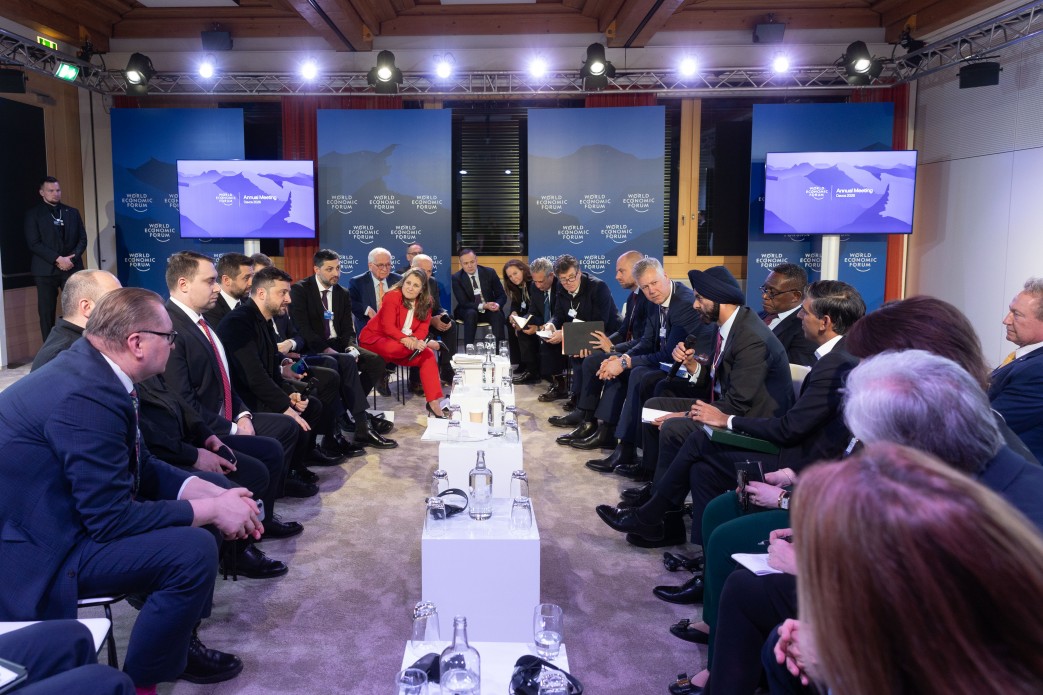The Bundestag on Wednesday approved the German government's proposal to increase funding for military support for Ukraine by approximately €400 million. This was reported on the official website of the German federal government.
"The Bundestag also agreed to increase funding for military support for Ukraine by approximately €400 million. This will allow for the procurement of additional air defense systems, tanks, drones, ammunition, and spare parts, which will effectively strengthen the Armed Forces of Ukraine in defending their country," the press release stated.
The German government also announced that Germany will "provide an additional €170 million in the short term for the restoration of Ukraine's energy infrastructure."
It was noted that the second meeting of participants in the Ukrainian Compact took place on the sidelines of the 79th United Nations General Assembly in New York on Wednesday.
"Participants reaffirmed their solidarity with Ukraine in the face of ongoing Russian aggression and their determination to continue military, financial, and humanitarian support for Ukraine for as long as necessary. They emphasized their support for a comprehensive, just, and lasting peace based on international law, including the United Nations Charter and the principles enshrined therein," the statement said.
At the meeting, a joint declaration was adopted by the G7 countries and other participants in the Ukrainian Compact in support of Ukraine's economic recovery and reconstruction. It confirms their readiness to provide military, financial, and humanitarian assistance, as well as support for restoration efforts.
"Thus, G7 partners reaffirm their commitments made at the G7 summit to provide additional funds totaling approximately $50 billion by the end of the year," the German government announced.



















